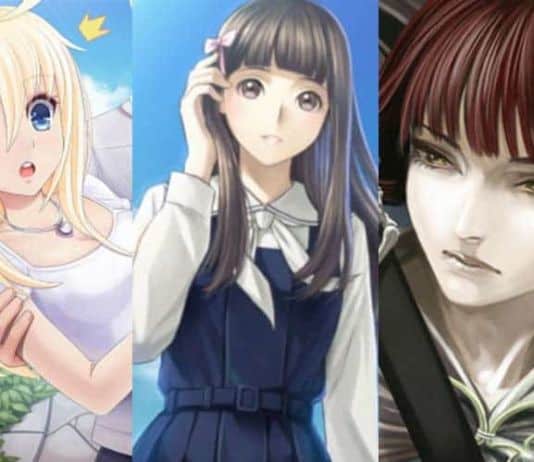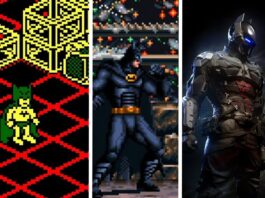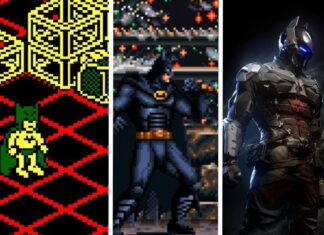16 Best MMOs of All Time, Ranked
Orcs, magic, and space adventures with hundreds of our closest friends.
The 18 Best Free MMORPGs to Play Right Now
Explore this list of the best free MMORPGs you can play right now, including Final Fantasy XIV, Palia, and more!
6 Ideas For The Next Batman Game
With all the chatter, it's got us thinking about what Batman games we'd actually want to play.
Tamable Rare Hunter Pets that Every Hunter Needs to Find
In World of Warcraft, hunters have some unique abilities that no other class has. One of these abilities is taming beasts throughout the world....
7 Games Coming Out in October 2023 We Can’t Wait to Play
As if this gaming year wasn't already stacked with great games, October is here to bring you even more.
26 Best Couch Co-op Games You’ll Both Love
Here's our list of the best local co-op games for the current console generation.
5 Best Wireless Earbuds for Gaming
Discover the best wireless earbuds for gaming in 2023! Dive into expert reviews, top features, and user insights. Elevate your gaming audio experience now!
The Ultimate Stardew Valley Fishing Guide
Master the art of fishing in Stardew Valley with our Ultimate Fishing Guide! Learn tips on leveling up, secret spots, equipment, and maximizing profits.
Popular Now
The Stormlight Archive Reading Order: Your Ultimate Guide
Love a Song of Ice and Fire and want something to satisfy your appetite for a similar world? Look no further than Brandon Sanderson's The Stormlight Archive.


















